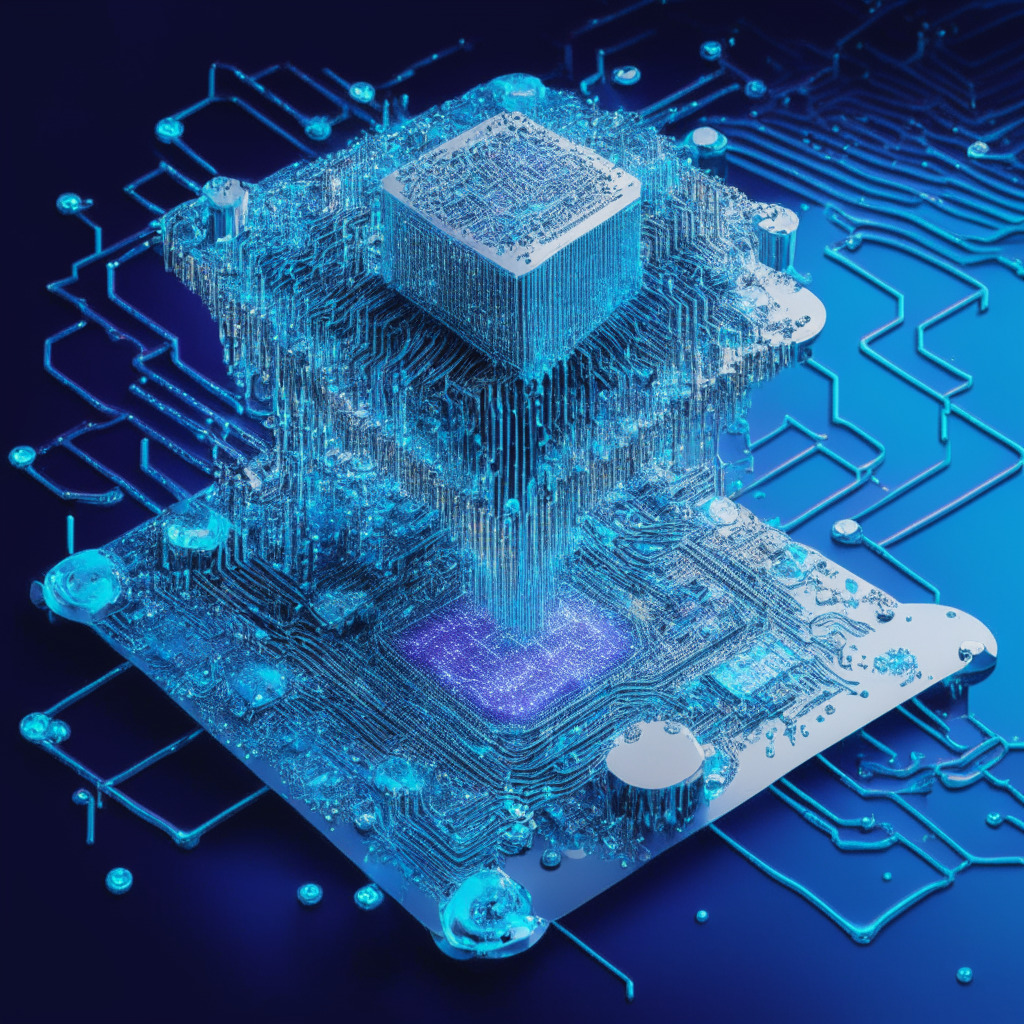In an unfolding narrative of trade and technology, US regulators have extended export curbs on AI chips produced by companies like Nvidia and AMD to unspecified Middle Eastern countries. Subtle hints of a new kind of techno-politics vibrate beneath the surface, resonating with themes of global competition in AI, protectionist policies, and geopolitical tensions.
The US regulatory bodies requested these tech giants to restrain their exports of high-level semiconductor chips that fuel the development of AI. These particular chips, namely the A100 and H100, significantly accelerate machine-learning tasks, effectively placing a throttle on foreign countries’ advancements in AI.
Given the increasing prominence of AI in nearly every facet of our lives—from healthcare to agriculture, finance to entertainment—the move draws a bright underline beneath the pivotal importance of advanced technology. However, Nvidia maintains that the new regulations will not have an immediate material impact on its business nor does it make up a “meaningful portion” of its revenue. This silence surrounding the specific motives behind these curbs leaves us contemplating the full implications of these measures.
On one side of the coin, this move can be seen as the US attempting to guard their technological prowess from foreign competition. On the other hand, it might be viewed as a strategic maneuver entangled in the larger web of global politics.
Moreover, these recent curbs echo previous AI chip export regulations that the US has imposed on China, despite which Nvidia has been able to sell alternative, less powerful chips. However, Nvidia warns that being “effectively excluded from all or part of China,” could potentially cause long-term harm to its business operations.
The unfolding tension around semiconductor chips, the small but mighty enablers of AI technology, highlights the powerful role of these infinitesimal components in global politics and economic strategies. As the world races toward AI-powered future, the controlling and withholding of these semiconductors become critical measures of power and control.
In the end, the nuanced, multi-dimensional impact of these export curbs on Nvidia AI chips to certain Middle Eastern countries leads us to perceive AI not just as the purview of tech enthusiasts and futurists, but also diplomats, policymakers, and global industries. As the world continues to advance technologically, maneuvering the interplay between technology, economy, and politics will undeniably shape the future. Meanwhile, we must continue to scrutinize and dissect these intersections while anticipating their potential impact on the global theatre of power.
Source: Cointelegraph




